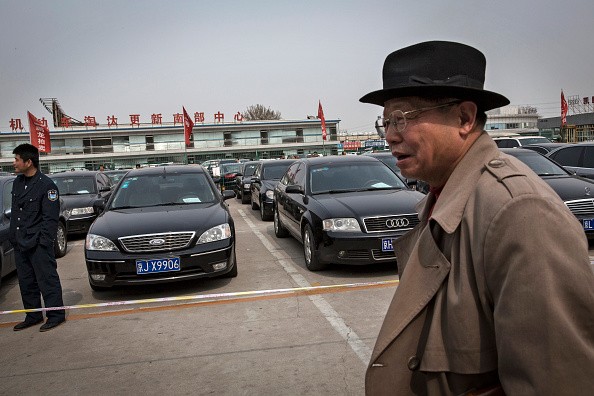The Chinese government has trimmed down its budget for official overseas travels, authorized use of allotted vehicles, and dining for foreign officials in the country in an effort to boost its anti-graft campaign.
For a long time, Chinese officials have been using “overseas trip, vehicles and reception” as a means to splurge assigned funds.
However, the budget for the “three public consumptions” has been tightened for this year. The cut was made amid the preparations of the Communist Party of China and President Xi Jinping for the Congress at the latter part of this year.
The congress is held every five years.
“China has long been bedeviled by officials using their expenses accounts to travel in the name of official visits, use work vehicles on personal errands, and enjoy luxurious receptions and accommodation,” according to a report by the state-controlled China Daily newspaper.
But still, the authorized budget remains huge even with the cut.
“The Central government departments will spend a maximum of 6.15 billion yuan ($891 million) on the ‘three public consumptions’ in 2017, down 31 million yuan from 2016,” the finance ministry said as quoted by the state media.
“Expenses on overseas visits will reach no more than 1.88 billion yuan, while 3.5 billion yuan was budgeted for the purchase and maintenance of government vehicles and 761 million yuan for official receptions,” China Daily reported.
According to the ministry, the reduction is supposed to aid the streamline expenditure and properly allocate the budget for crucial overseas tours, holding receptions for dignitaries and replacing old, polluting vehicles with more modern ones with strict emission controls.
The anti-graft campaign began in early 2013 when Xi Jinping was appointed as the general-secretary of the CPC. It has been his signature campaign ever since.
A ban on “red-carpet receptions for officials and use of public vehicles for private affairs, reduced meetings, avoided traffic disturbances such as road closures, and ordered austerity in official meals, travel and housing” has also been included in the anti-graft policies.
In the past four years, nearly 200,000 party and government staff, including those with senior positions, had been punished for breaking the frugality rules, according to a statement released by the CPC’s anti-graft agency late last year.
“They were involved in more than 146,400 cases, about one-quarter of which involved the use of public vehicles and dining out on public funds,” China Daily reported.
The Xi Jinping leadership continues with its anti-graft campaign, aiming to eliminate corruption in China.



























